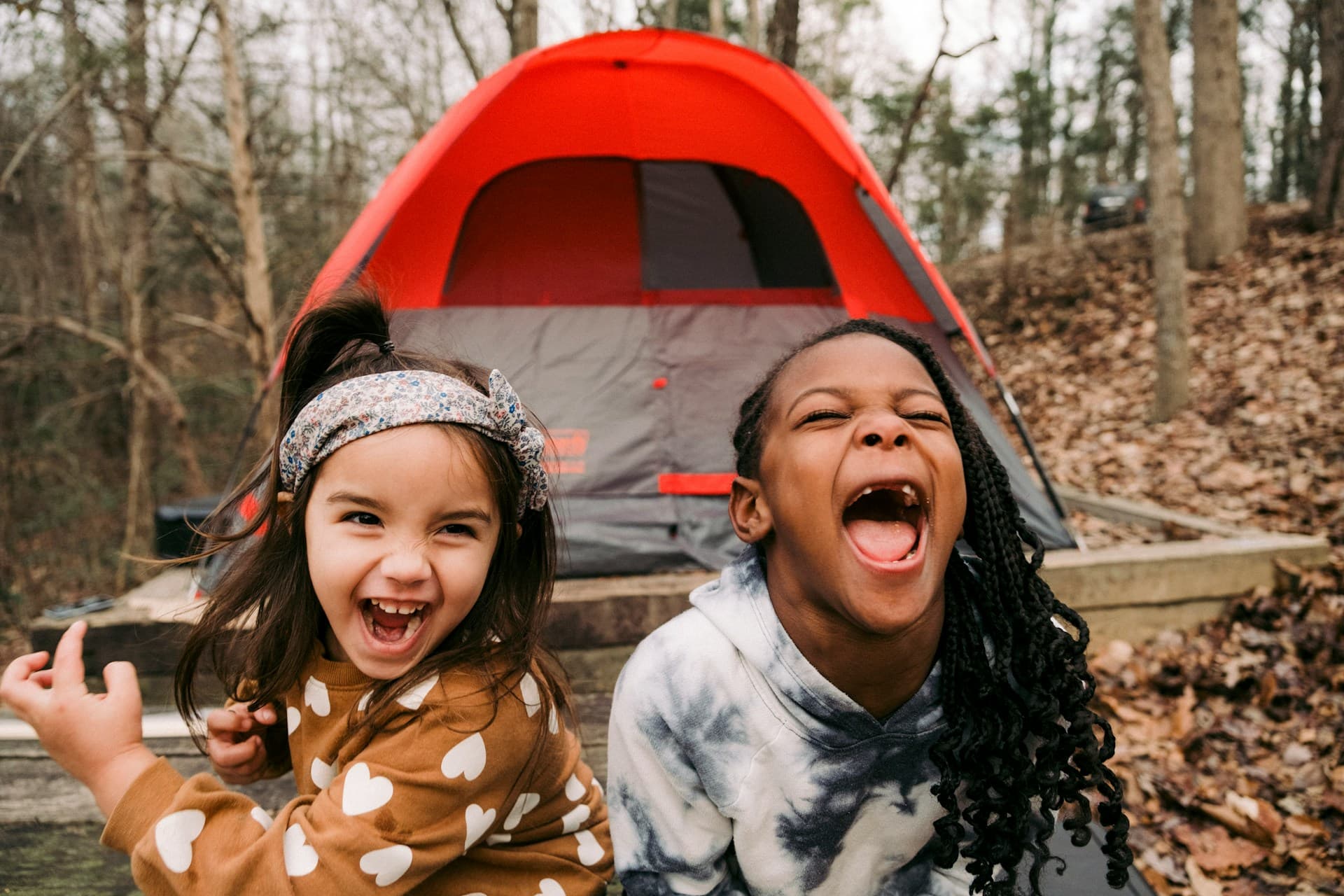
FarmingTweens 9-12
Cultivating an Eco-Friendly Mindset: Fostering a Love for Nature and the Environment in Kids
In today's fast-paced and technology-driven world, it is more important than ever to instill a love for nature and the environment in children. By fostering a connection with the natural world at a young age, we can help raise environmentally-conscious individuals who will grow up to be stewards of the earth. Here are some tips for parents and educators on how to cultivate an eco-friendly mindset in kids.
One of the best ways to instill a love for nature in children is to spend time outdoors with them. Whether it's going for a hike in the woods, visiting a local park, or simply playing in the backyard, spending time in nature allows children to appreciate the beauty and wonders of the natural world. Encourage them to observe the plants and animals around them, ask questions, and engage in hands-on activities like planting a garden or building a birdhouse.
Another important aspect of fostering a love for nature in kids is teaching them about environmental conservation and sustainability. Explain to them the importance of reducing, reusing, and recycling, and involve them in simple eco-friendly practices like using reusable water bottles, bringing their own bags to the grocery store, and turning off lights when they leave a room. Show them how small actions can make a big difference in protecting the planet for future generations.
One of the best ways to instill a love for nature in children is to spend time outdoors with them. Whether it's going for a hike in the woods, visiting a local park, or simply playing in the backyard, spending time in nature allows children to appreciate the beauty and wonders of the natural world. Encourage them to observe the plants and animals around them, ask questions, and engage in hands-on activities like planting a garden or building a birdhouse.
Another important aspect of fostering a love for nature in kids is teaching them about environmental conservation and sustainability. Explain to them the importance of reducing, reusing, and recycling, and involve them in simple eco-friendly practices like using reusable water bottles, bringing their own bags to the grocery store, and turning off lights when they leave a room. Show them how small actions can make a big difference in protecting the planet for future generations.
It is also crucial to educate children about the impact of human activities on the environment. Talk to them about issues like climate change, deforestation, and pollution, and discuss how these problems are affecting ecosystems and wildlife around the world. Help them understand the interconnectedness of all living things and inspire them to take action to protect and preserve our planet.
In addition to learning about environmental issues, children should also be encouraged to take part in conservation efforts in their own communities. Participating in clean-up events, volunteering at local nature centers, and supporting environmental organizations are great ways for kids to make a positive impact on the environment and develop a sense of responsibility towards nature.
Parents and educators can also incorporate nature and environmental awareness into children's everyday lives through books, movies, and educational activities. Reading books about nature, watching documentaries about wildlife, and doing nature-inspired crafts and projects can help children learn more about the natural world and inspire them to care for the environment.
By fostering a love for nature and the environment in children, we are not only shaping the next generation of environmentally-conscious individuals but also creating a brighter future for our planet. By instilling in kids a deep appreciation for the beauty and importance of nature, we can help them become lifelong advocates for environmental protection and sustainability. Let's work together to cultivate an eco-friendly mindset in our children and empower them to make a positive impact on the world around them.
In addition to learning about environmental issues, children should also be encouraged to take part in conservation efforts in their own communities. Participating in clean-up events, volunteering at local nature centers, and supporting environmental organizations are great ways for kids to make a positive impact on the environment and develop a sense of responsibility towards nature.
Parents and educators can also incorporate nature and environmental awareness into children's everyday lives through books, movies, and educational activities. Reading books about nature, watching documentaries about wildlife, and doing nature-inspired crafts and projects can help children learn more about the natural world and inspire them to care for the environment.
By fostering a love for nature and the environment in children, we are not only shaping the next generation of environmentally-conscious individuals but also creating a brighter future for our planet. By instilling in kids a deep appreciation for the beauty and importance of nature, we can help them become lifelong advocates for environmental protection and sustainability. Let's work together to cultivate an eco-friendly mindset in our children and empower them to make a positive impact on the world around them.
FarmingTweens 9-12
Keywords:
SummerAfter schoolHealthEducationAutumnHomeRecipesFamilyResponsobility AccomplishmentKids strongMiddle schoolLearningCommitment